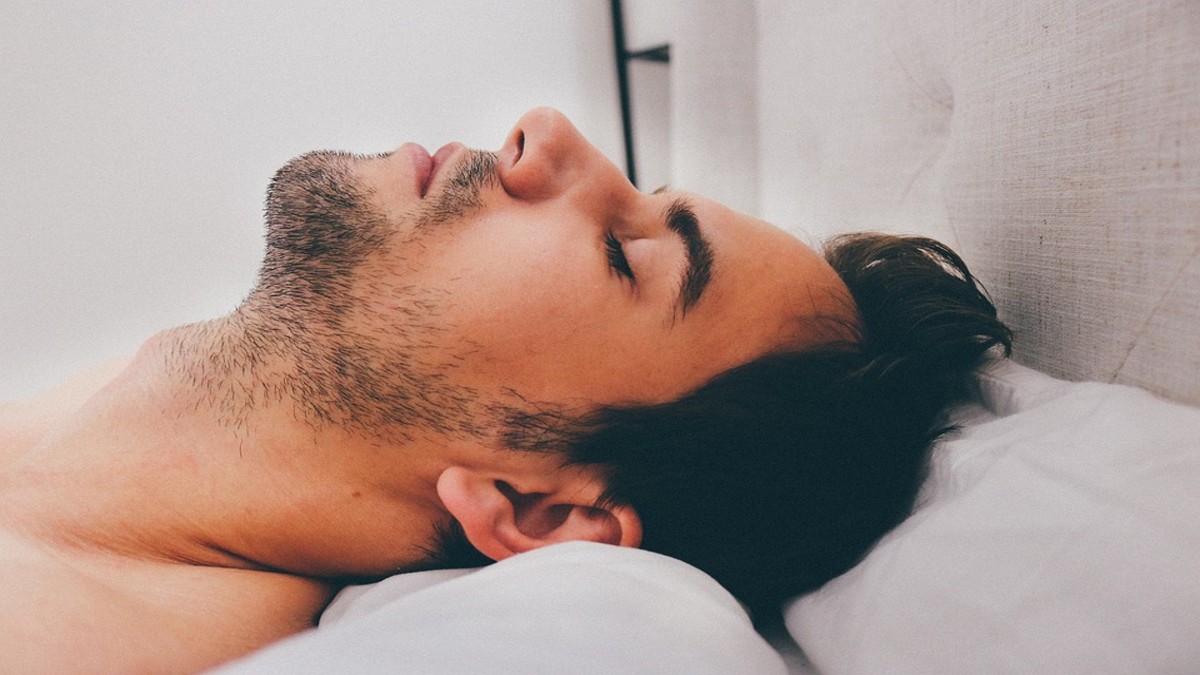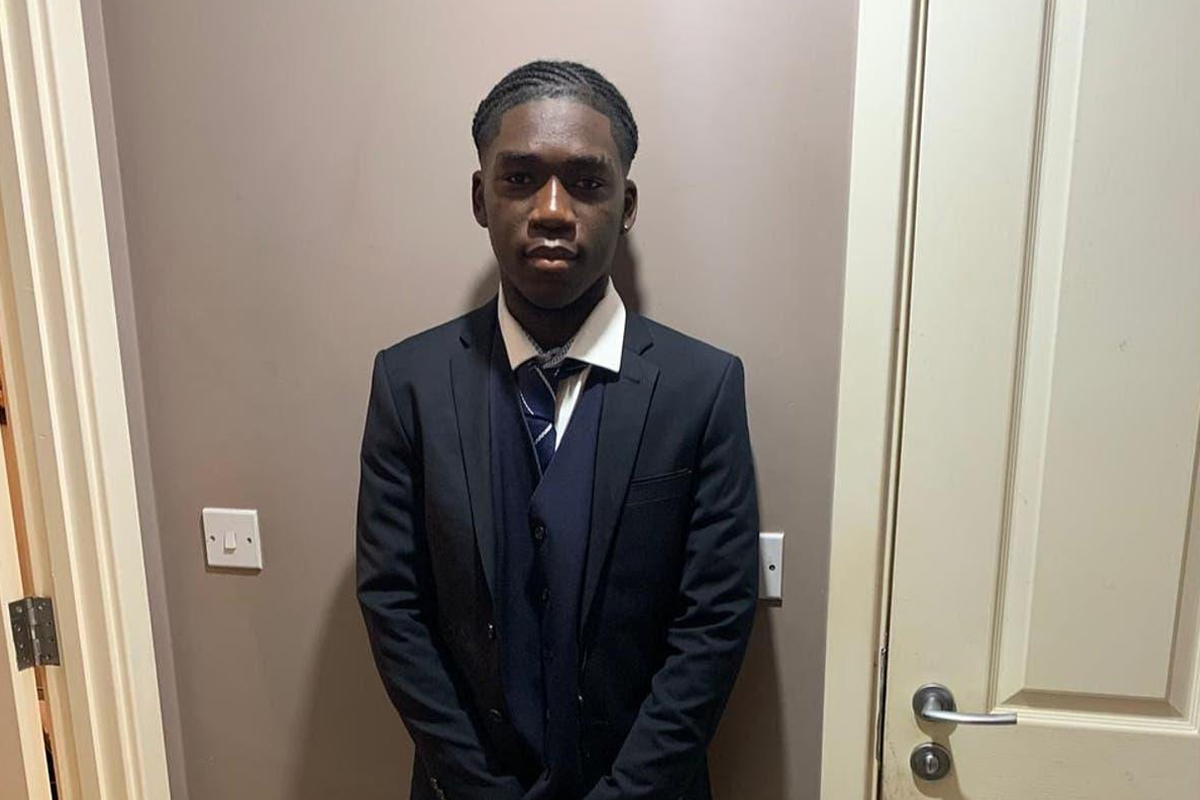It is widely believed that a minimum sleep of around six to eight hours is essential for overall health.
However, a man in Japan, who has only slept for 30 minutes a day for more than a decade, is defying this notion.
The reason behind his minimal sleep routine is improving work efficiency and to “double” his life.
But, can it help? Let’s take a look.
The art of minimal sleep
A Japanese man named Daisuke Hori has maintained a tough sleep routine of just 30 minutes per day to “double” his life, according to a report by the South China Morning Post.
The 40-year-old entrepreneur, who hails from Hyogo prefecture in western Japan, claims to have trained his body and brain to function normally with minimal sleep.
He started cutting back on sleep 12 years ago to gain more active hours each day.
Daisuke was quoted by the outlet as saying, “As long as you exercise or drink coffee an hour before eating, you can stave off drowsiness.”
On a reality show called Will You Go With Me?, Yomiuri TV in Japan closely followed him for three days in order to look into his claims in more detail.
In one episode, Daisuke slept for a mere 26 minutes, woke up feeling rejuvenated, had breakfast, went to work, and even went to the gym.
Improved efficiency
According to Daisuke, the practice has greatly increased his work efficiency.
He believes that high-quality sleep is more important than long sleep when it comes to maintaining focus.
“People who require sustained concentration in their work benefit more from high-quality sleep than from long sleep. For example, doctors and firefighters have shorter rest periods but maintain high efficiency,” the report quoted him.
In addition to his unusual sleeping schedule, Daisuke established the Japan Short Sleepers Training Association in 2016 and offers health and sleep classes there.
Over 2,100 students have received his training to become ultra-short sleepers to date.
After training, one of his students told Yoimuri TV that she reduced her sleep from eight hours to only 90 minutes, a habit she has kept up for the past four years, all the while maintaining good physical and mental wellness.
On social media, the phenomena has generated a online debate.
SCMP quoted one person as saying, “He is a true master of time management. I also want to learn how to sleep less and work more efficiently,” while another one added, “This is overdrawing one’s life in advance! Even if the brain can stay awake, the heart won’t be able to handle it.”
Expert opinion
According to doctors, ultra-short sleep cycles have drawbacks and are not recommended for everyone.
As per a research report published in the National Institutes of Health, very few people possess a genetic mutation that permits them to function on fewer than 6.5 hours of sleep per night without any clear health consequences. According to researchers, this genetic mutation is extremely uncommon; just around one in 25,000 people are affected.
For all others, the bottom line on how low you can go is that you should be sleeping seven hours a night on a regular basis.
The US-based Centers for Disease Control and Prevention (CDC) provides the following guidelines for different age groups:
-
Newborns (0-3 months): 14-17 hours (including naps)
-
Infants (4-12 months): 12-16 hours (including naps)
-
Toddlers (1-2 years): 11-14 hours (including naps)
-
Preschoolers (3-5 years): 10-13 hours (including naps)
-
School-age children (6-12 years): 9-12 hours
-
Teenagers (13-17 years): 8-10 hours
-
Adults (18-60 years): 7 or more hours
-
Older adults (61-64 years): 7-9 hours
-
Seniors (65+ years): 7-8 hours
Guo Fei, a neurologist at Huazhong University of Science and Technology Xiehe Shenzhen Hospital, told The Post, “Adults are recommended to get seven to nine hours of sleep each day. Sleep is an important period for the body and brain to recover and repair.”
“Chronic sleep deprivation can lead to memory decline, weakened immunity, mood disorders and an increased risk of cardiovascular diseases,” he added.
Similar extreme lifestyles
Across Asia, there have been accounts of many extreme lifestyles.
An 80-year-old Vietnamese man named Thai Ngoc asserts in another remarkable case that he hasn’t slept in over 60 years. Ngoc claims he was unable to fall asleep in 1962 following a fever. His insomnia hasn’t changed after multiple treatments and sleeping medications.
An Indian yogi named Prahlad Jani claimed to have lived without food and water since 1940. In 2020, he reportedly passed away at the age of 90.
With inputs from agencies

)





